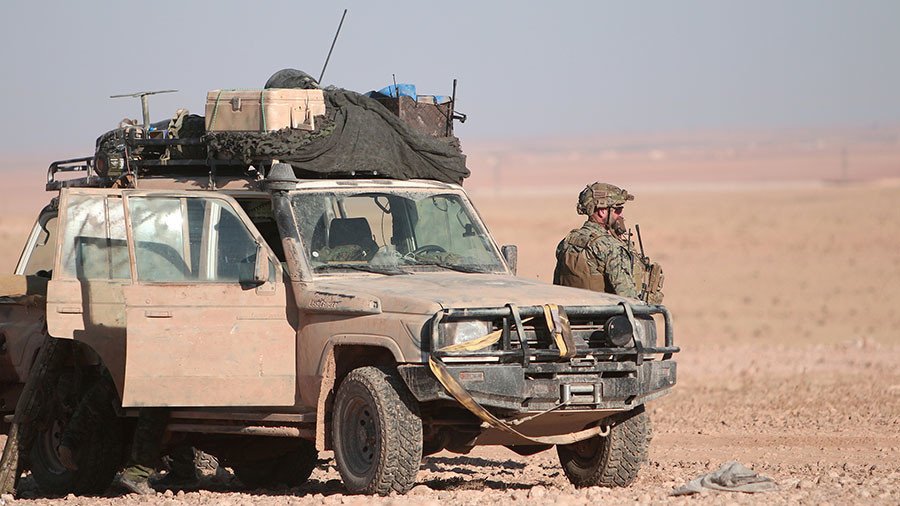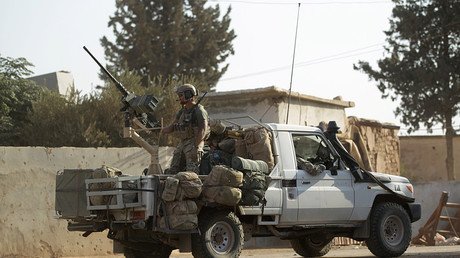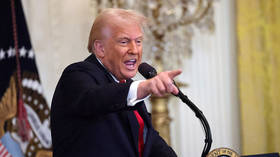US to expand role in Syria – Mattis

The United States will expand its role in Syria, Secretary of Defense James Mattis has said. The expansion comes in response to increased Islamic State (IS, formerly ISIS) offensives in the region.
"Right now we are not withdrawing," Mattis told the Senate Armed Services Committee. "We are continuing the fight, we are going to expand it and bring in more regional support. This is the biggest shift we’re making right now."
In his statement, Mattis maintained that the US was not stepping in to take sides in the ongoing conflict in Syria. “No military solution is possible in the Syrian civil war,” Mattis said.
In his testimony, Mattis maintained that the US was not stepping in to take sides in the ongoing Syrian civil war. “No military solution is possible in the Syrian civil war,” Mattis said. “We continue to support a diplomatic solution as part of the UN-led peace process.”
President Donald Trump had previously stated that US forces would withdraw from Syria once Islamic State (ISIS) was defeated, but has not yet provided any kind of timeline for when that might be.
At a White House news conference on Tuesday, the president said that US troops would be “coming home relatively soon,” but he also wants to leave a “strong and lasting footprint” in the region.
Before running for office, Trump had repeatedly warned his predecessor, Barack Obama, against intervention in Syria. Intervention, he warned, would be costly and had “no upside and tremendous downside.” Even last month, Trump announced plans to bring US troops home, and said that the US would “let other people take care of it.”
French President Emmanuel Macron, addressing Congress on Wednesday, pledged that France and the US would “stand together in Syria.” Macron had cooperated closely with Trump in the runup to the missile attack on Syrian government targets earlier this month.
At Thursday’s hearing, Mattis said that US forces would launch “a re-energized effort” against targets in the middle Euphrates river valley in the days ahead, and increased operations on the Iraq side of the Syria/Iraq border, with the help of French special forces.
Since 2014, the US has lent its support to anti-government forces and Kurdish rebels in Syria, under the auspices of fighting ISIS. Following US intervention, and later Russian intervention in 2015, ISIS has lost roughly 98 percent of its territory throughout Syria and Iraq, and now controls only a few isolated pockets of desert.
Mattis assured Senators that the US would maintain communications with Russian forces, to ensure that the two powers do not come into conflict while both fight ISIS in Syria.
"Right now in Syria, we have an open and never interrupted deconfliction communication line that has worked pretty well to make certain we do not run afoul of one another’s forces or one another’s operations," he said.
















